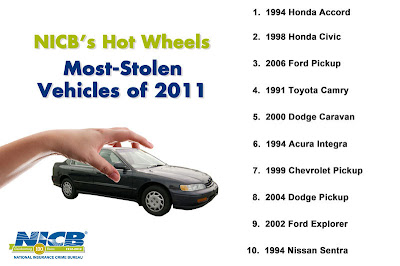1 Aug 2008 14:21 Africa/Lagos Addax Petroleum Announces Federal Government Approval of Nigeria Gas Utilisation Initiative CALGARY, Canada, August 1/PRNewswire/ -- - International Consortium Formed for Investment in Gas Development - Including the Potential Monetization of OML137 Gas Addax Petroleum Corporation (TSX: AXC and LSE: AXC) ("Addax Petroleum" or the "Corporation"), together with its partners Chrome Oil Services Limited ("Chrome") and Korea Gas Corporation ("KOGAS"), announces today that it has received the approval from the Federal Government of Nigeria, for its proposed implementation of an integrated gas utilization project in Nigeria. Addax Petroleum has also entered into a heads of agreement with Chrome, a leading Nigerian oil and gas company, and KOGAS, South Korea's national gas company, forming an international consortium (the "Consortium") which, upon finalization of the necessary project development agreemen...


Comments